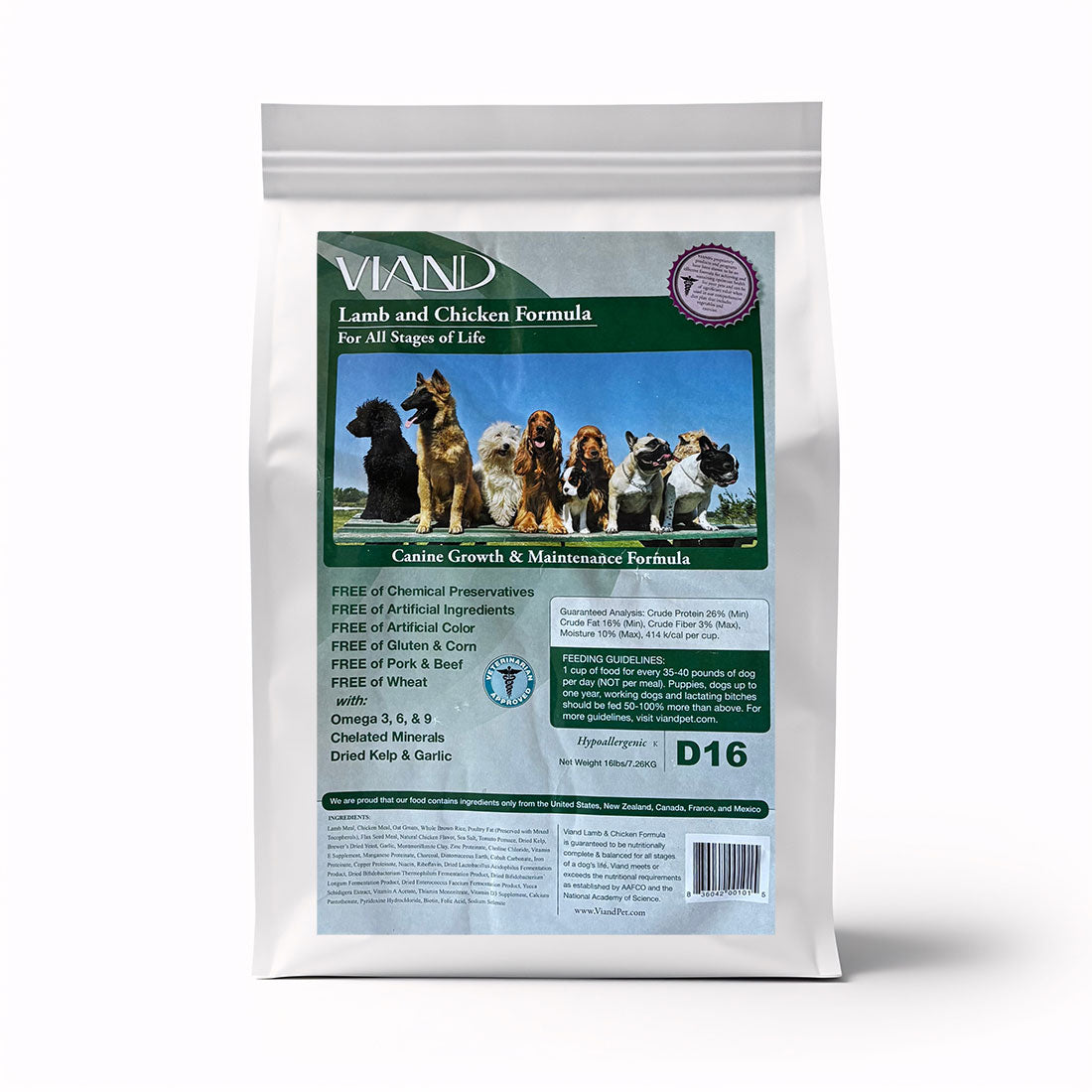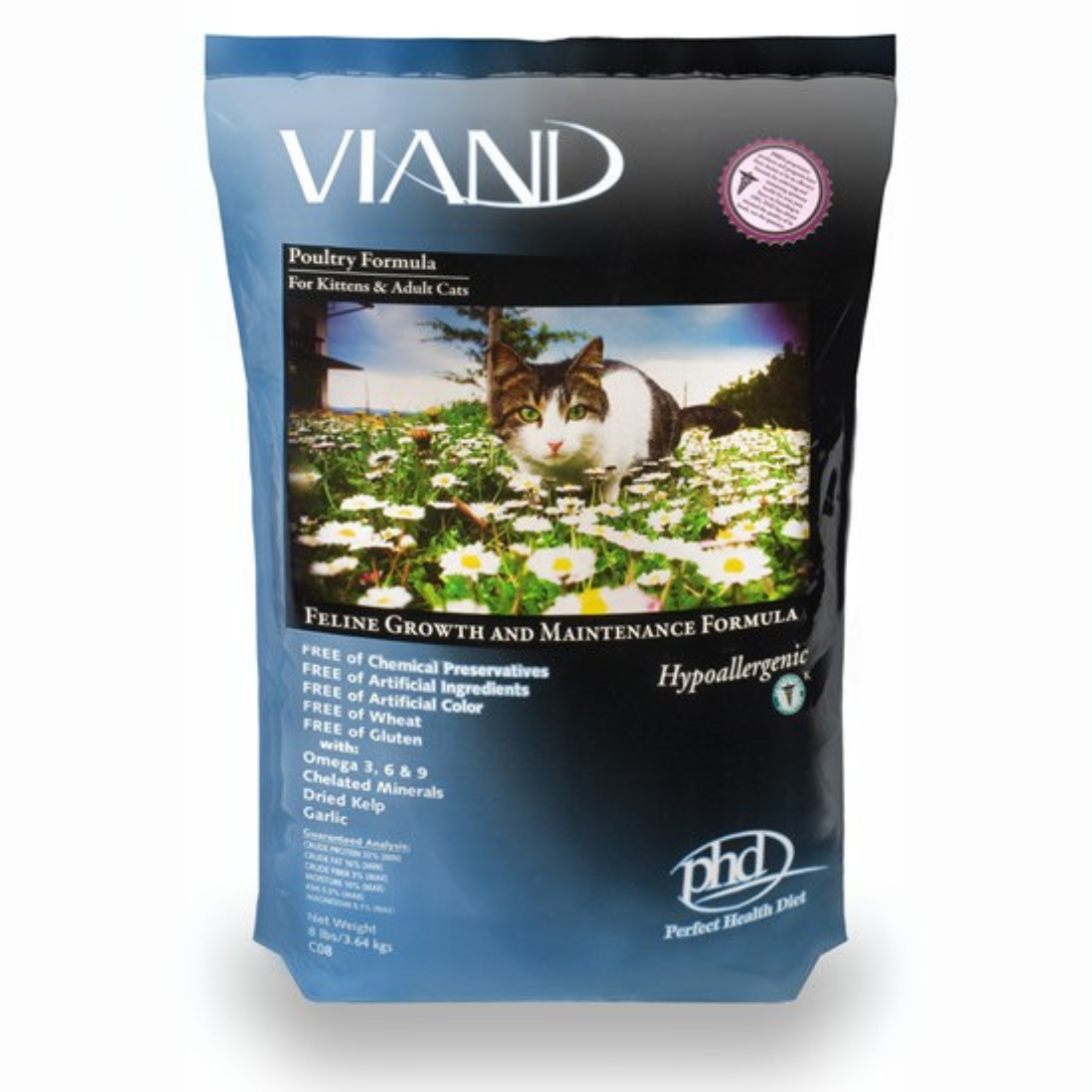· By Scott Pollak
What Are Parasites And How Are They Transmitted?
Parasites can be microscopic like fungi, protozoa, bacteria or viruses. But, they also come in larger varieties in the form of roundworms, hookworms, whipworms, flatworms, fleas, and ticks.
There are some parasites that are harmless to pets and there are varieties of them that your pet will live with all their lives (we have them too!) But some parasites can be harmful to your pet. They will live on or in the body of your pet and can cause sickness within living tissue and even organs. The reason they are so harmful is that they secrete toxins and enzymes that cause damage to tissues and start infections.
There are various ways parasites can be transmitted to animals. Dogs and cats might pick them up on their paws while walking along paths or in grass. These are then ingested when the dog or cat goes to lick their paws. Parasites can also be transmitted through tainted food or contaminated water.
If you are concerned your pet might have parasites, check the warning signs: excessive paw licking, ear discharge, changes in behavior, water consumption or modified appetite.
If your pet does contract a parasite, there is no need to panic. Treatments are usually mild and quick. Here at Viand, seasonal (spring to summer and fall to winter) worming applications have always been recommended as a preventive action. The standard proven medications are easily obtained over the internet.


